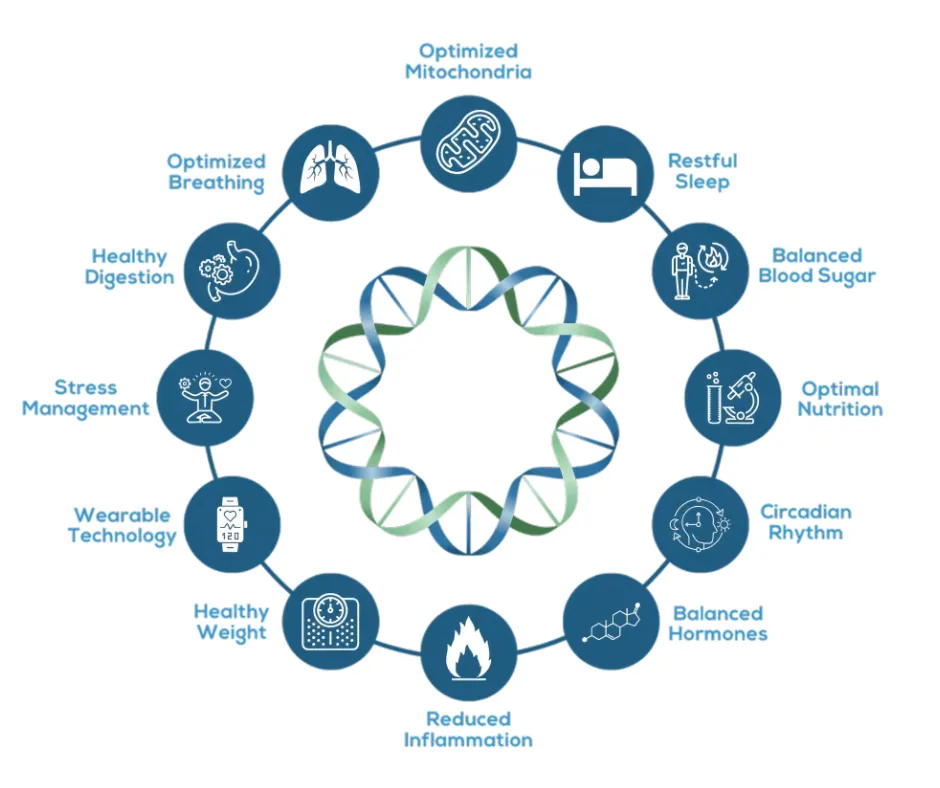EXPERIENCE
THE DIVINE SPINE DIFFERENCE
Beyond the Spine Blog

Benefits of Magnesium
MAGNESIUM IS AN ESSENTIAL NUTRIENT THAT THE BODY NEEDS TO STAY HEALTHY.
Magnesium is a mineral that is essential for proper muscle and tissue formation.
It is involved in over 300 chemical reactions throughout the body and serves as a cofactor in numerous metabolic processes.
An estimated 43% of all Canadians are deficient in magnesium.
Although Magnesium is found in a variety of foods ranging from leafy greens to nuts, seeds, and beans, many people don't get enough in their diet.
MORE ABOUT MAGNESIUM:
With over 10 different magnesium types that can be taken in supplement form, used topically, and found in food, it is important to choose the correct one.
Magnesium Glycinate is a supplement that boosts magnesium levels in people with a deficiency of the mineral.
Magnesium is a vital nutrient for regulation many body processes, including muscle and nerve function, blood sugar levels, and blood pressure. This mineral also supports the making of protein, bone, and DNA.
The body requires magnesium in large amounts, and if a person is deficient, it may be necessary to boost magnesium levels with supplements.
WHY MAGNESIUM GLYCINATE
Many people prefer Magnesium Glycinate as the body finds it easier to absorb magnesium in this form.
It is also one of the gentlest supplements on the stomach and therefore has less side effects such as an upset stomach...
BENEFITS OF MAGNESIUM
Some people benefit more from Magnesium Glycinate than others.
Osteoporosis - Magnesium plays a role in the development of healthy bones, and people with higher levels of magnesium might have a higher bone mineral density, which in turn helps reduce the risk of bone fractures.
Migraine headaches - people who experience migraines sometimes have low levels of magnesium in their blood and tissues.
Depression - Magnesium plays a critical role in brain function and mood. Insufficient levels of magnesium may reduce serotonin levels in the body ("feel-good" chemical in the brain) and result in depression.
May boost exercise performance - During exercise you need more magnesium than when you're resting as it helps move blood sugar into your muscles and dispose of lactate, which can build up during exercise and cause fatigue.
May support healthy blood sugar levels - Studies suggest that almost half of people with Type 2 diabetes have low blood levels of magnesium, which may impair the body's ability to regulate blood sugar levels effectively.
Magnesium may promote heart health - Studies have shown that magnesium supplements can help lower blood pressure levels, which may be a risk factor for heart disease.
Always consult your doctor before taking any new dietary supplements.
People who have kidney issues may want to speak to their doctor as kidney problems can cause difficulties in excreting the excess magnesium.
Source: Metagenics
Dr. Andrea Eschenbrenner | Contact Us | Claim $37 New Patient Offer

Slowing
the Aging Process Book
In Pain? Nothing Seems to Work?
We have good news. Divine Spine treatments are highly effective in treating Low back pain, Neck pain, Headaches and Sciatica. Contact us today to see how we can help.
Opening Hours
Monday - 9:00 AM - 7:00 PM
Tuesday - 09:00AM - 1:00PM
Wednesday - 9:00 AM - 7:00 PM
Thursday - 2:00 PM - 6:00 PM
Friday - CLOSED
Saturday - CLOSED
Sunday - 09:00 AM -1:00 PM
© Copyright 2025 Divine Spine | All Rights Reserved









